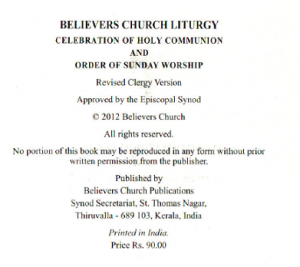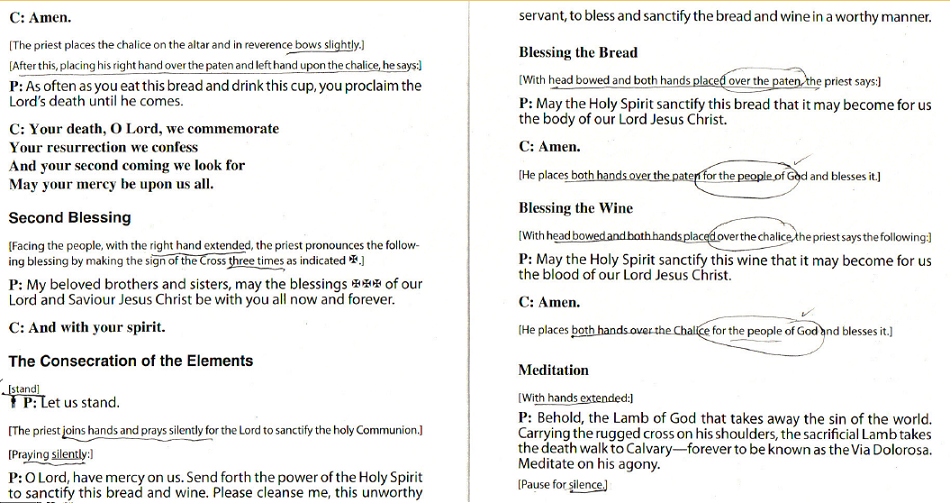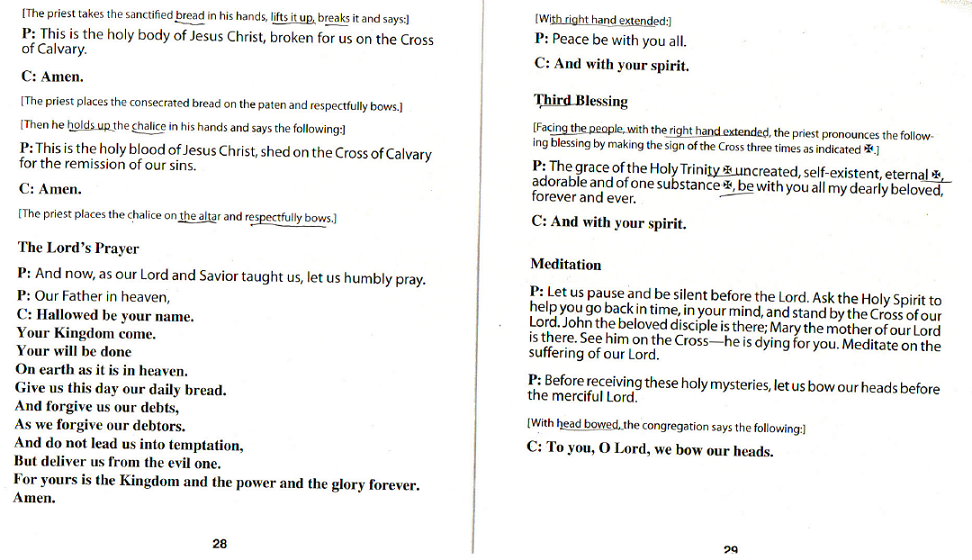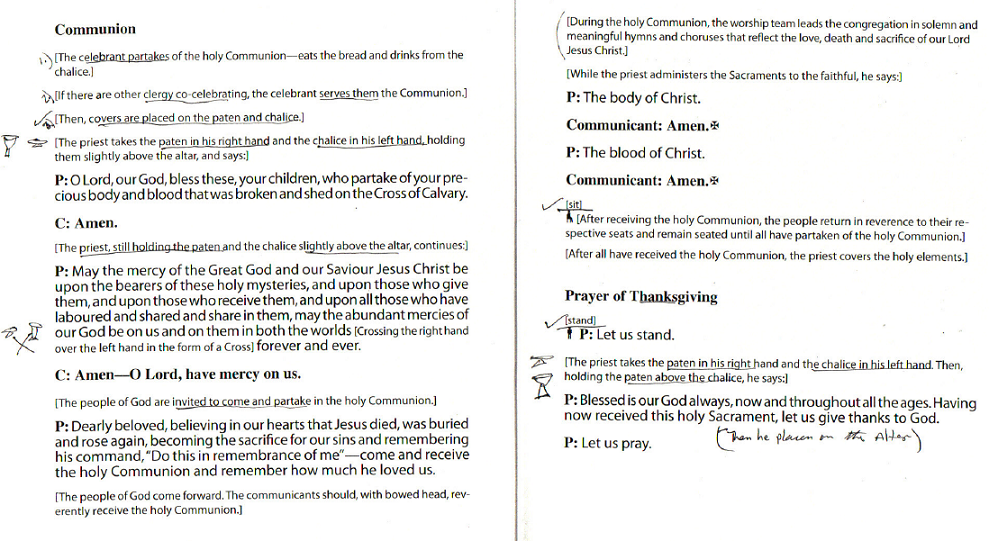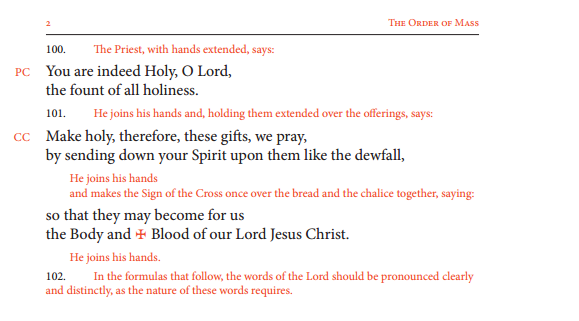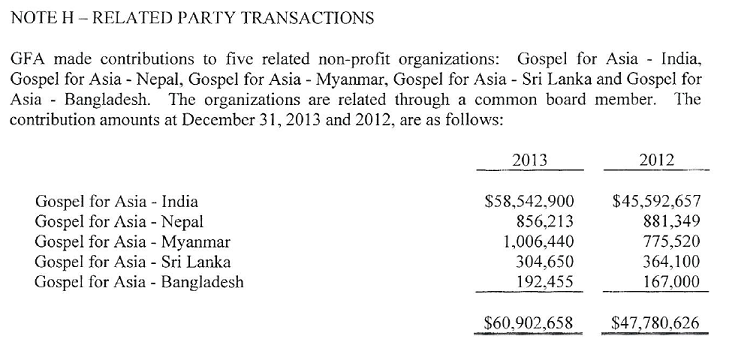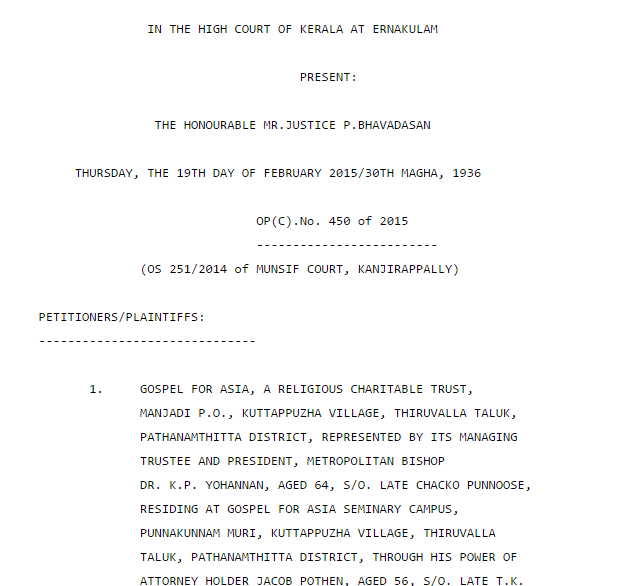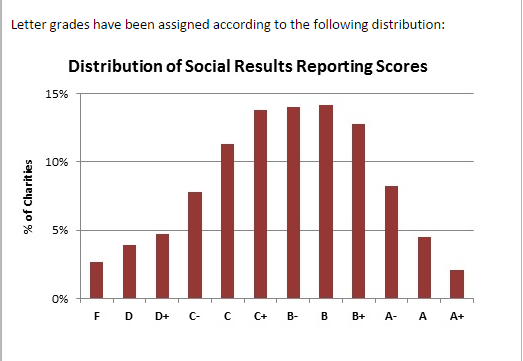On August 14, I posted an excerpt from a May 14 Gospel for Asia meeting where K.P. Yohannan told GFA staff that he was not on any organization boards in India. Yohannan said:
I am not legally on any boards, any trusts, anything in any of these countries. I have no powers to make decisions or sign money, or release money, or make decisions…why? Because anybody who work in the United States or overseas countries have a board membership or have legal membership should not be part of their legal entities in India. It’s a conflict of interest…
However, documents from Indian courts, the Indian state of Kerala, and a few of his own schools say otherwise. Yohannan is listed as the managing trustee and president of Gospel for Asia in India. He is also listed as managing trustee and lead Bishop (Metropolitan) for Believers’ Church. GFA in India is billed as a nation building arm of BC.
In that post, I have links to five court cases (there are many) and a state document where Yohannan is listed as a managing trustee of GFA and/or BC. I also have links and screen captures to Believers’ Church websites which describe Yohannan as chair of two boards within the church. However, those links now do not work or go to a “maintenance” page.
If you click the link to a Believers’ Church Residential School page which is supposed to contain “mandatory information” for schools in Delhi, it now looks like this:
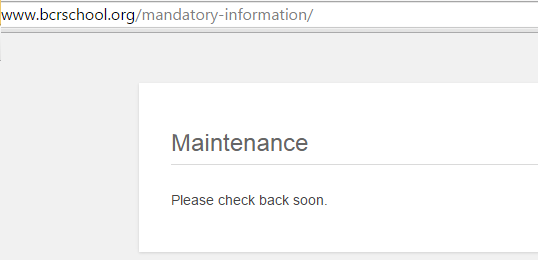
Ten days ago, it looked like this (see also Google’s cache image):
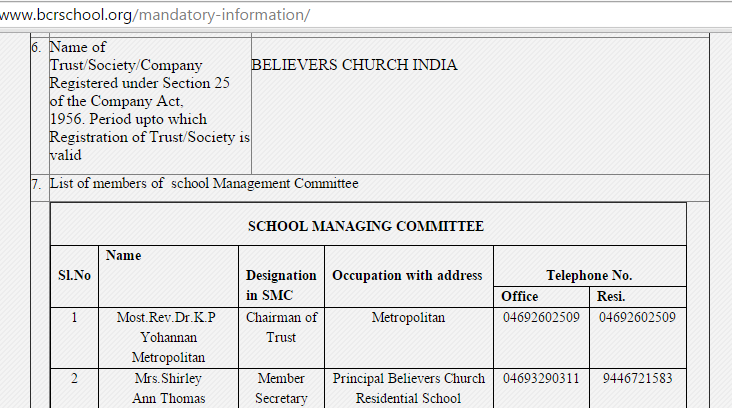
Yohannan’s son also serves on this managing committee and he is referred to as the V.P. of GFA and member of the trust.
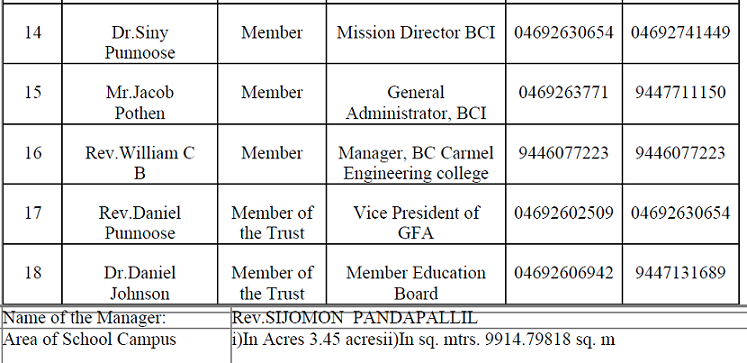
Siny Punnoose is a member of Yohannan’s family (niece I believe) and Daniel Johnson is his son-in-law. Rev. Daniel Punnoose is Yohannan’s son and serves on both the Trust* and as Vice President of GFA. Yohannan told his staff that such a dual membership was a conflict of interest.
The website for the Caarmel Engineering College also comes up blank. On August 14, Yohannan was listed as Chairman of the Trust (here I assume this means the Caarmel Educational Trust) and Metropolitan of the Believers’ Church, clearly a leadership position which makes him the leader of the denomination.
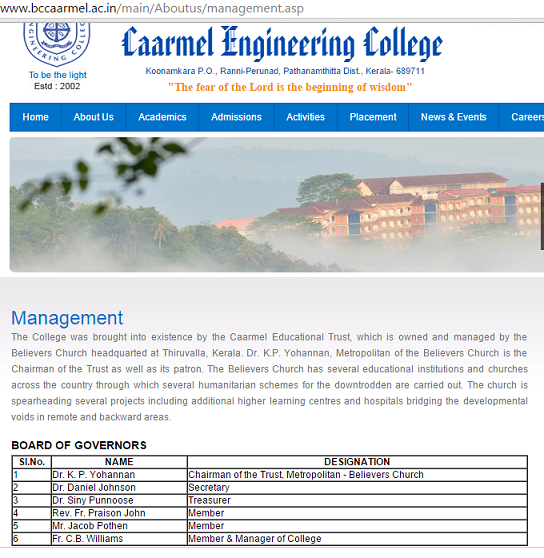
The information page for the Believers’ Church Seminary’s administration continues to be live and shows Yohannan as president and his son as a board member.
In another post, I plan to post another denial by Yohannan of being on any board. This comes in context of a revelation in May to staff that an entity related to Believers’ Church in India gave $19 million to help pay for the construction of new headquarters and compound in Wills Point, TX.
More to come…
*I am not completely certain that this “Trust” is the Believers Church board. It may refer only to the school trust. Given the information on the rest of the page, it appears that Yohannan and his son are trustees of the Believers’ Church. According to documents filed by Believers’ Church lawyers, Yohannan is the managing trustee, yet another reason to believe that Yohannan has governing authority in Believers’ Church.
